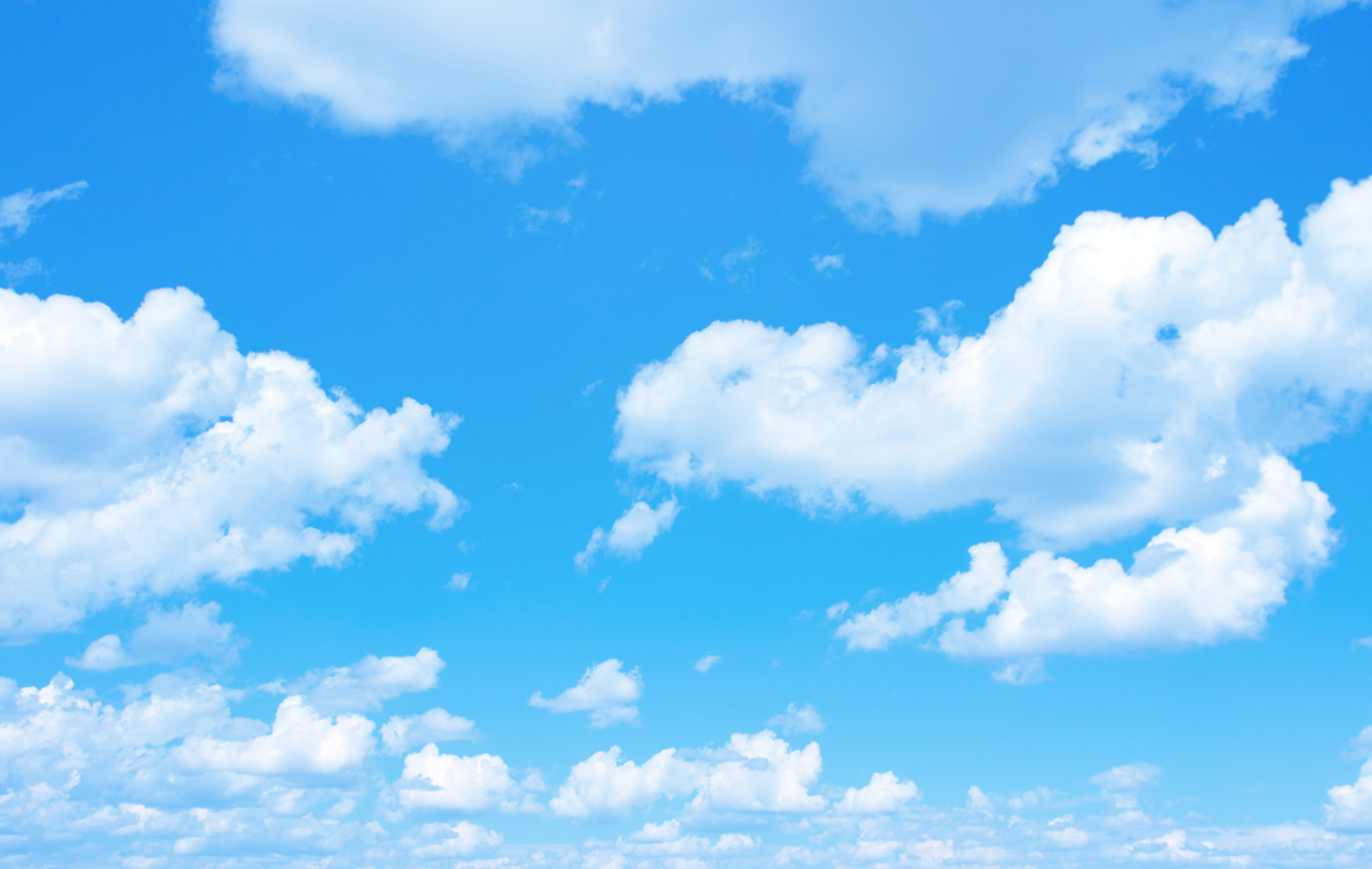

Quantum sensors can be used to investigate exotic states of matter, or to characterize quantum computers or quantum memory devices. This allows them to detect tiny changes in electric and magnetic fields, as well physical properties of nanometer-scale systems. Quantum sensors consist of systems in which some particles are in such a delicately balanced state that they are affected by miniscule variations in their environments. Applications for these kinds of molecules include quantum sensing and communication. “It’s such an inspirational place.”Īt MIT, Freedman designs molecules that can function as quantum units, or qubits.
SKY BACKGROUND FULL
And everyone I talked to at MIT just expanded every idea until it was so full of possibility,” she says. “When I was looking at new opportunities at the post-tenure, mid-career stage, I wanted to expand beyond the research that could be done just in my lab, to larger teams. Before coming to MIT, she was a professor of chemistry at Northwestern University.

It’s so unbelievably kind,” she says.įreedman, whose research focuses on using inorganic chemistry to create new molecules for quantum information science, joined the MIT faculty in 2021. But with this, someone took it upon themselves to recommend me, and other people who I will never know wrote letters for me. “There are so many parts of being an academic that involve explicitly asking for letters of recommendation, when you know you’re going through a process like tenure, or evaluation for a fellowship. Freedman, who found out about the award in early September, before it was publicly announced, said she was “completely in shock” after hearing that she had been chosen for the fellowship.
SKY BACKGROUND FREE
Often referred to as “genius grants,” the fellowships come with a five-year, $800,000 prize, which recipients are free to use as they see fit. Visiting Scholar, have been named recipients of a 2022 MacArthur Fellowship. Keyes Professor of Chemistry at MIT, and Moriba Jah, a Martin Luther King Jr.


 0 kommentar(er)
0 kommentar(er)
